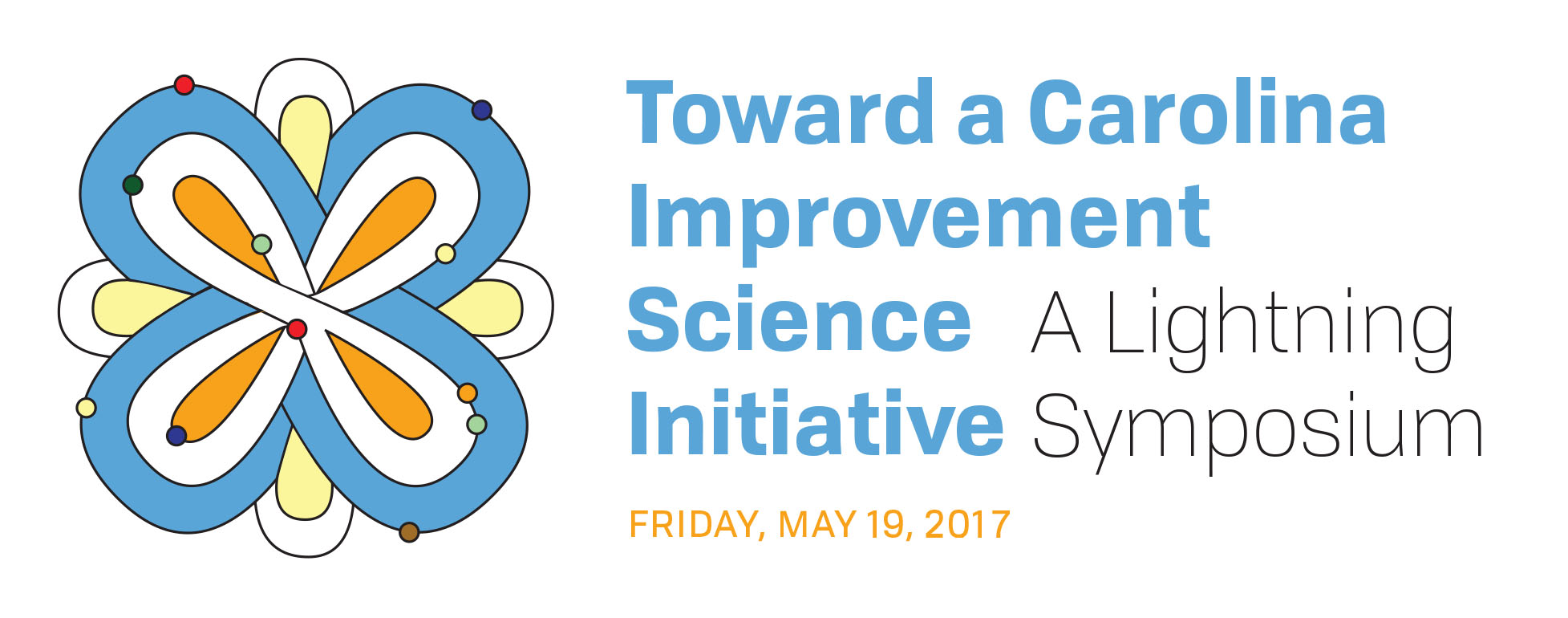Kelly Hogan, College of Arts and Sciences
Our approach for dissemination of reformed STEM curriculum and pedagogy is an individual-centered, semester-long, co-teaching model in Chemistry, Biology, Physics & Astronomy, and Mathematics in the College of Arts and Sciences. Key to our implementation is professional development via the support of mentor-apprentice relationships within the context of teaching reformed curricula in gateway courses. In our model, a mentor (often a term faculty member) partners with an apprentice (often a tenure-track or tenured faculty member) in an individual course. Because faculty at our institution and globally report one of the most significant barriers to change is finding time, our project provides funds for a course release to the apprentice while they practice teaching practices within an exact course they will teach in the future. A second key element in our strategy was to leverage social networks in the form of faculty learning communities (FLCs) across three participating departments. Student outcomes such as learning gains, retention, and attitude surveys are collected, and key to our strategy is to provide evidence of “transformed” teaching behaviors via observation instruments. Faculty attitudes and beliefs of all faculty in the departments (involved and not involved in the project) are also being tracked over time too. With three years of implementation, we have some initial results to share as discussion points, as well as advice for implementing a similar model in other settings.
